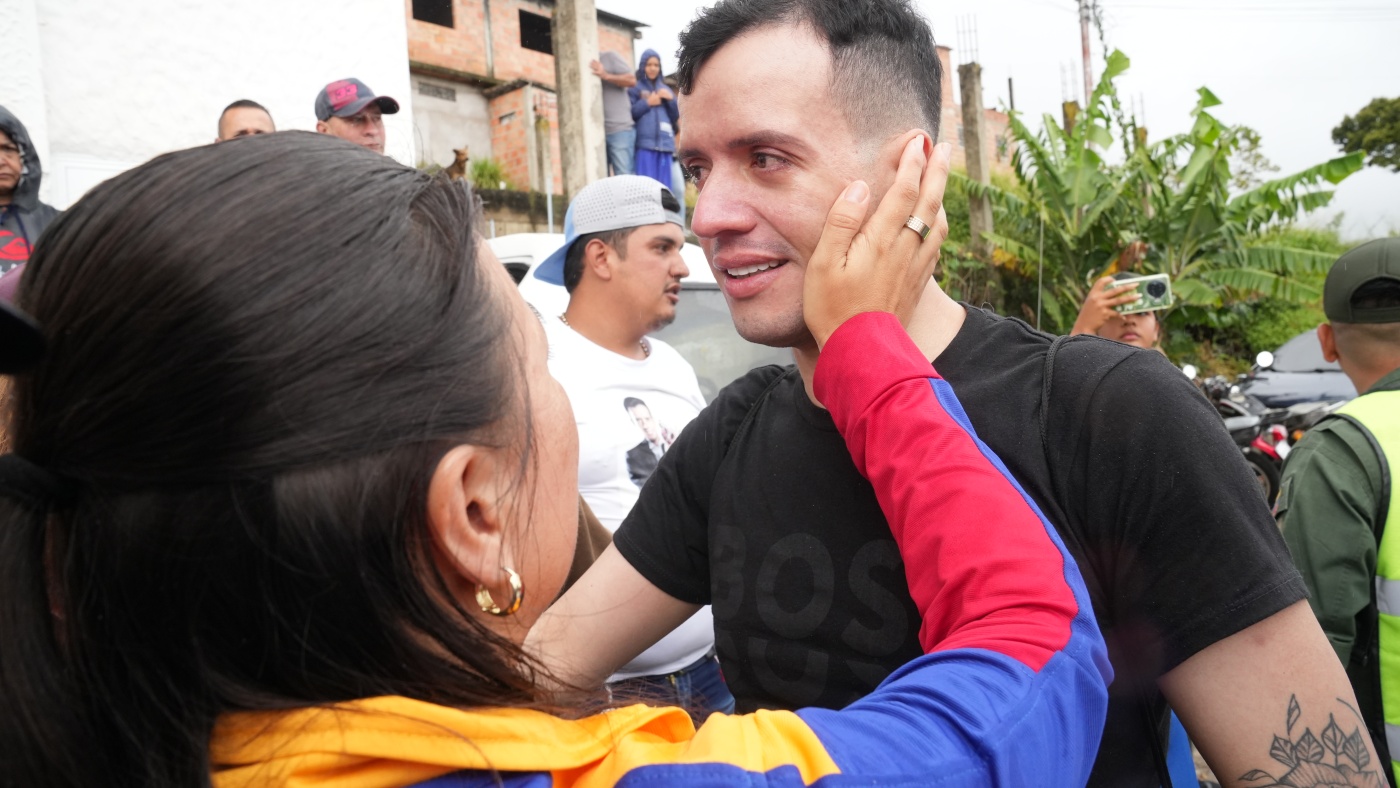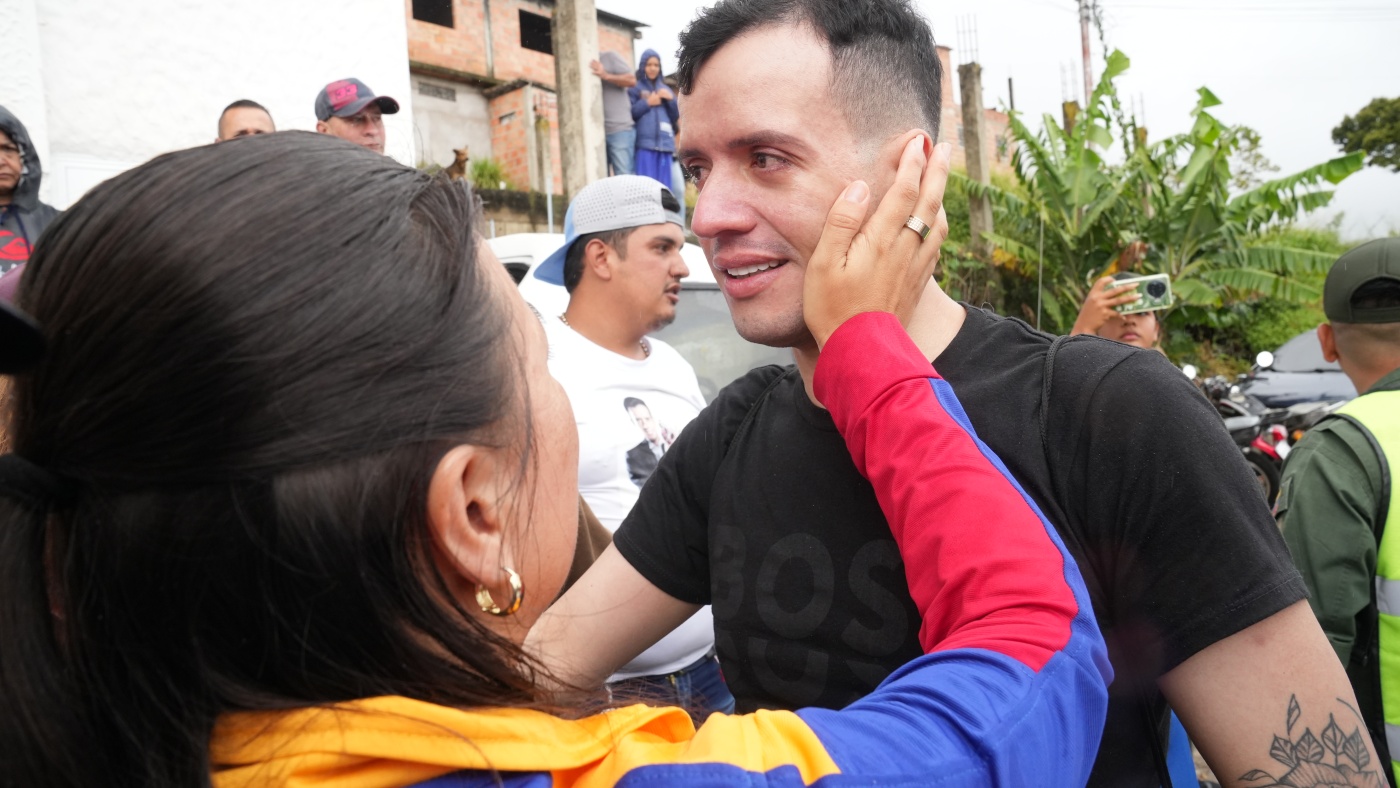The Unforeseen Nightmare: An Analysis of Venezuelan Deportees’ Experiences in El Salvador’s Mega-Prison
Introduction
The plight of Venezuelan deportees in El Salvador’s Center for Terrorism Confinement (CECOT) has emerged as a stark reminder of the human cost of geopolitical maneuvering. What was intended to be a journey to safety in the United States has turned into a nightmare for many, as they find themselves confined in a facility designed to house alleged gang members. This report explores the legal, humanitarian, and geopolitical dimensions of this crisis, shedding light on the experiences of those caught in the crossfire.
The Alien Enemies Act: A Legal Framework Under Scrutiny
The deportation of Venezuelan migrants under the Alien Enemies Act of 1798 has sparked controversy and concern. This archaic law, originally enacted to address wartime threats, grants the U.S. government sweeping powers to detain and deport individuals perceived as national security risks. The application of this law to modern immigration enforcement raises several critical questions.
Historical Context and Modern Application
The Alien Enemies Act was a product of a different era, designed to protect the United States during times of conflict. Its resurrection in the context of contemporary immigration issues highlights a troubling trend: the use of outdated legal frameworks to address complex, modern challenges. The lack of transparency surrounding the decision to invoke this law has fueled speculation about its true motivations.
Questions of Legality and Ethics
The use of the Alien Enemies Act to deport asylum seekers raises serious legal and ethical concerns. Were these deportations justified on national security grounds, or were they a politically expedient solution to reduce the strain on U.S. immigration resources? The ambiguity surrounding these decisions underscores the need for greater transparency and accountability in immigration enforcement.
CECOT: A Facility Under Fire
El Salvador’s Center for Terrorism Confinement, or CECOT, has become a symbol of the country’s hardline approach to crime. Marketed as a state-of-the-art facility, CECOT’s reputation is overshadowed by the harrowing accounts of Venezuelan deportees. Their experiences paint a grim picture of brutality, neglect, and despair.
Allegations of Abuse and Torture
Numerous reports detail instances of physical and psychological abuse within CECOT. Deportees allege beatings, torture, and sexual assault at the hands of prison guards. These claims, if verified, represent severe violations of human rights and international law. One Venezuelan man recounted being shot every morning for a week following a prison riot, illustrating the extreme violence inflicted upon inmates.
Deplorable Living Conditions
Beyond the alleged abuse, the general living conditions within CECOT appear to be dire. Migrants describe meager rations, inadequate medical care, and near-total isolation. Overcrowding, a common issue in many prisons, likely exacerbates these problems, creating an environment ripe for disease and despair. Jerce Reyes, one of the deported migrants, described feeling like the “living dead” inside CECOT, highlighting the profound psychological toll of the prison environment.
Lack of Due Process
Adding to the migrants’ suffering is the lack of due process. Many claim they were falsely accused of gang affiliation, a charge they were unable to effectively defend due to limited access to legal counsel and language barriers. This lack of due process raises serious concerns about the fairness and legality of their detention and deportation.
Geopolitical Pawns: The Broader Context
The experiences of Venezuelan deportees must be viewed within the broader context of U.S.-Venezuela relations and the ongoing migration crisis. Venezuela’s political and economic instability has led to a massive exodus of its citizens, many of whom seek asylum in the United States.
A Bargaining Chip?
The deportation of these migrants to El Salvador, a country with its own human rights concerns, raises questions about whether they were used as a bargaining chip in negotiations between the U.S., Venezuela, and El Salvador. The exchange of Venezuelan prisoners held in the U.S. for deported migrants further fuels this speculation.
El Salvador’s Role
El Salvador’s willingness to accept these deportees also warrants scrutiny. President Nayib Bukele’s government has been criticized for its authoritarian tendencies and its heavy-handed approach to crime. By accepting these deportees, El Salvador may be seeking to curry favor with the U.S. or to project an image of strength and control.
Implications and the Way Forward
The experiences of Venezuelan deportees have far-reaching implications for human rights, international law, and U.S. immigration policy.
Erosion of Human Rights
The alleged abuse and mistreatment within CECOT represent a clear violation of fundamental human rights. The principle of *non-refoulement*, which prohibits the return of individuals to countries where they face persecution or torture, appears to have been disregarded in these cases.
Legal and Ethical Questions
The use of the Alien Enemies Act to deport asylum seekers raises serious legal and ethical questions. Was this law applied appropriately, and were the rights of these individuals adequately protected? The lack of transparency surrounding these deportations undermines public trust in the U.S. immigration system.
A Call for Accountability
An independent investigation into the allegations of abuse and mistreatment within CECOT is urgently needed. Those responsible for these violations must be held accountable, and measures must be taken to prevent similar incidents from occurring in the future.
Beyond “Hell on Earth”: Rebuilding Hope
The stories emerging from CECOT are harrowing, but they also highlight the resilience of the human spirit. Despite enduring unimaginable hardship, these Venezuelan migrants have found the strength to speak out and share their experiences.
The international community has a responsibility to support these individuals and to ensure that their rights are respected. This includes providing them with legal assistance, medical care, and psychological support. It also requires advocating for greater transparency and accountability within the U.S. immigration system and demanding an end to the inhumane treatment of migrants in detention centers around the world. The nightmare they experienced must not be in vain. Instead, it must serve as a catalyst for change, prompting a renewed commitment to human rights and a more compassionate approach to immigration.








